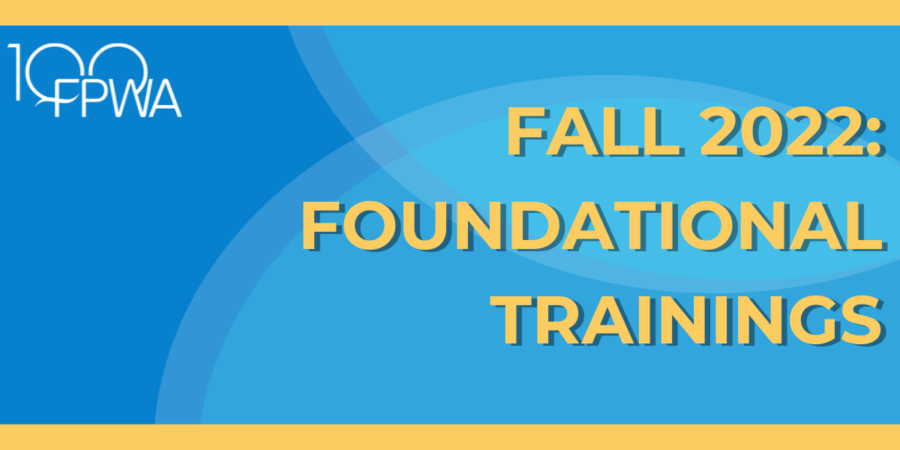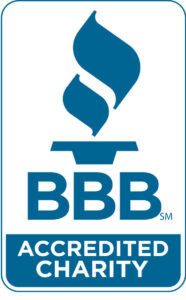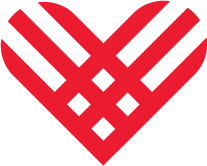2022 Foundational Trainings
Understanding Toxic Stress and Trauma
Everyone experiences stress, but there is a point in which prolonged exposure to adversity can cross into trauma. Interpersonal violence, racism, systemic oppression, and/or persistent community neglect can all be experienced as traumatic and have severe and long-lasting negative effects. In this webinar, learn about the definition and prevalence of trauma, its impact on a person’s brain, body, and behavior, and effective approaches to address it. Staff in all roles and levels are welcome.
Trauma-Informed Service Delivery
All human services organizations, regardless of their primary mission – legal services, foster care, elder care, mental health services, housing – can benefit from a trauma-informed approach. Many of the strategies and actions are free and can be effectively used by everyone at your organization. In this webinar, learn what trauma-informed service delivery actually “looks like.” Walk away with specific strategies for “what you can do” and “what you can say” when working with individuals who have experienced trauma.
Restorative Practices in Action
What do restorative practices look like in action? Watch this conversation featuring practitioners of restorative practices from various settings.
Voice and Choice: Centering People and Communities
hat does it take to successfully create spaces where people feel seen and heard? What does it look like in practice to implement a people-centered approach to programs and services? Watch this webinar to learn how four different nonprofit organizations are taking a trauma-responsive and people-centered approach to service delivery.
Workforce Support and Well-Being: Avoiding Burnout and Vicarious Trauma
Nonprofit services are essential, but the work can take a toll on staff. Learn how you can actively promote staff well-being and improve your organization’s response to the experience of compassion fatigue, burnout, and/or vicarious trauma.





